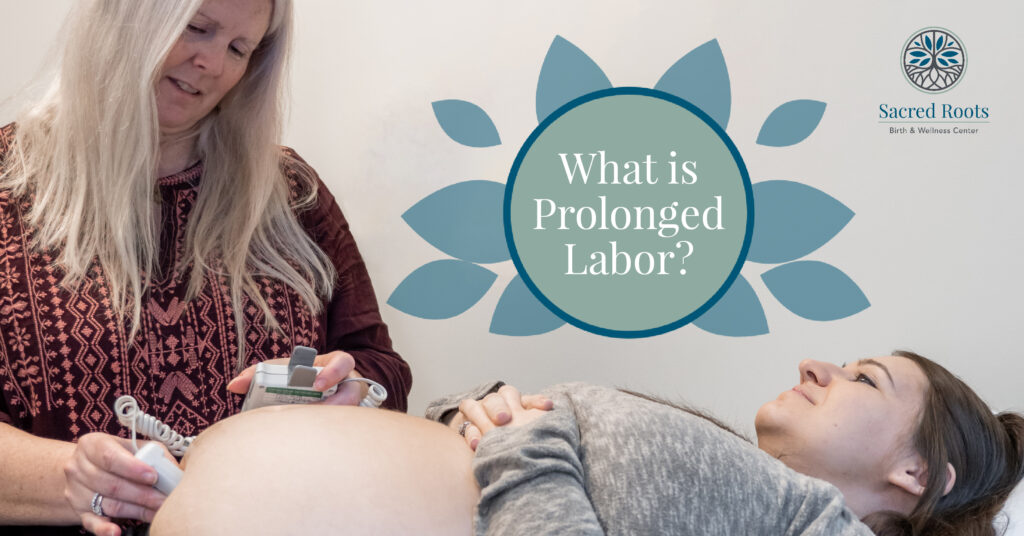What is Prolonged Labor?
Labor is the process where regular contractions or pains cause your cervix to dilate so you can eventually deliver your baby and placenta. There are a few different variations of labor one might experience, like back labor or precipitous labor.
When the process of your cervix dilating is progressing too slowly or taking longer than what is expected, the labor is said to be prolonged.
What is considered prolonged labor?
Labor is considered prolonged if it’s taking more than 25 hours for first-time mothers or longer than 20 hours for mothers that have previously had a baby before.
It can happen under two circumstances: your cervix is dilating slowly, or isn’t dilating after dilating to a certain extent. Or it can happen if you’re fully dilated and your baby isn’t moving through the birth canal due to various reasons.
What are the signs of prolonged labor?
The main sign of prolonged labor is little to no progression in each stage of labor. The mother may have little to no pain after the initial water breaking or may exhibit maternal exhaustion if the baby isn’t moving at an adequate pace despite enough dilation.
What causes prolonged labor?
Sometimes, a mother may experience prolonged labor due to no apparent cause. However, some of the factors that may cause you to experience prolonged labor include:
– Having a narrow pelvis
– Having a large baby
– Twin or higher multiples pregnancy
– Inadequate contractions
– Stress or anxiety
– Baby is in a transverse or horizontal lie
What are the complications of prolonged labor?
Some complications of prolonged labor include:
– Fetal distress
– Uterine infection
– Maternal exhaustion
If you would like to learn more about our care and how we assist mothers through labor, send us a message!



